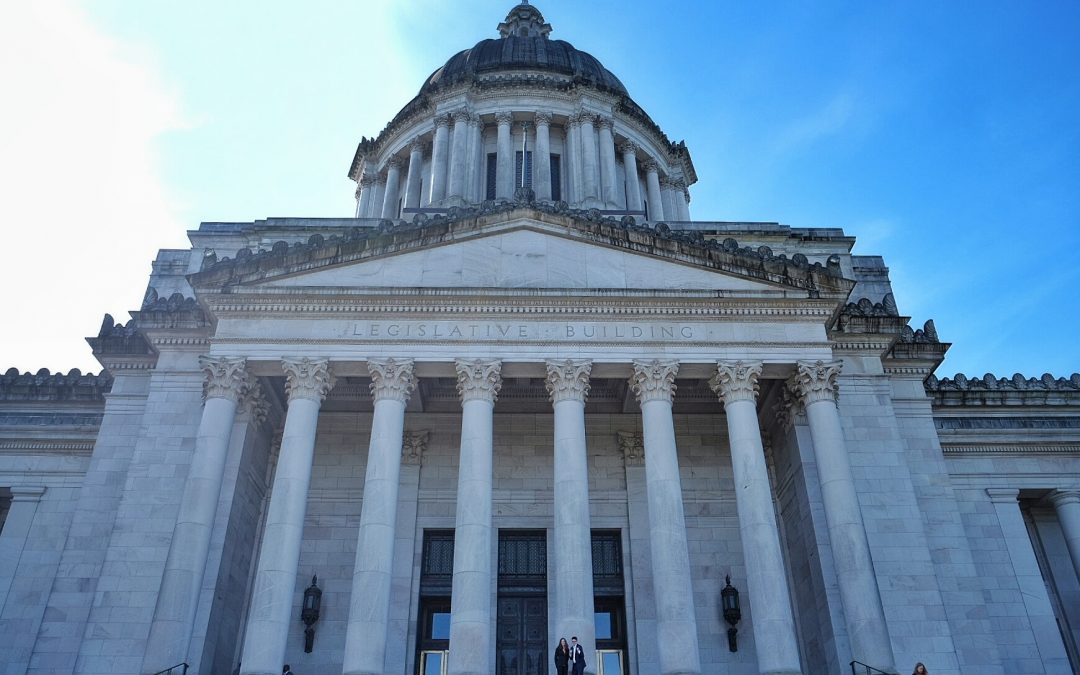By Antonio Ginatta, Policy Director
At Columbia Legal Services, we’re continuing to fight alongside people in poverty who need medical help. Our clients have successfully challenged hospital practices that denied people access to charity care, and we’ve pushed for legislation that has improved access to and notification about charity care.
Some hospital services, however, may not be fully covered by charity care, and some are not covered at all. We want to make sure that people who face medical debt aren’t driven deeper into poverty by that debt, and we want to ensure that collection agencies treat debt due to necessary medical help differently than other kinds of consumer debt.
In observing collection cases involving medical debt, we’ve seen egregious cases of medical debt being grossly inflated by collection agencies.
One that comes to mind involved a person who was taken to the hospital in an ambulance. The hospital covered almost all their hospital debt via charity care. But the ambulance ride, costing just over $2100, wasn’t covered at all. The collection agency, on top of that $2100, was able to seek an additional 50 percent fee on that ambulance ride (because it was provided by a local fire district). And they sought another $1300 in interest from the date of the ambulance ride to the date of the court case being filed.
So under current Washington law, a person who qualifies for charity care can still face thousands of dollars of medical costs that stem from an emergency, and those costs can more than double with interest and fees from collection agencies.
That’s just not right. Medical debt is unpredictable and involuntary. It is difficult to plan for and often starts with an emergency. It is often incurred with little choice. If someone ends up in debt for a necessary medical procedure, they should have a reasonable and fair way to pay it back, without being driven deeper and deeper into debt.
So we’re proposing legislation to reduce the interest and fees that can be charged on medical debt, and requiring collection agencies to make sure that—before they begin trying to collect—they have checked that the patient was screened for charity care.
Every one of us has a story about a medical emergency. A medical emergency shouldn’t have to lead to poverty or bankruptcy or homelessness. Giving people with medical debt a fair shot at paying back that debt is one step in the right direction.

Recent Comments